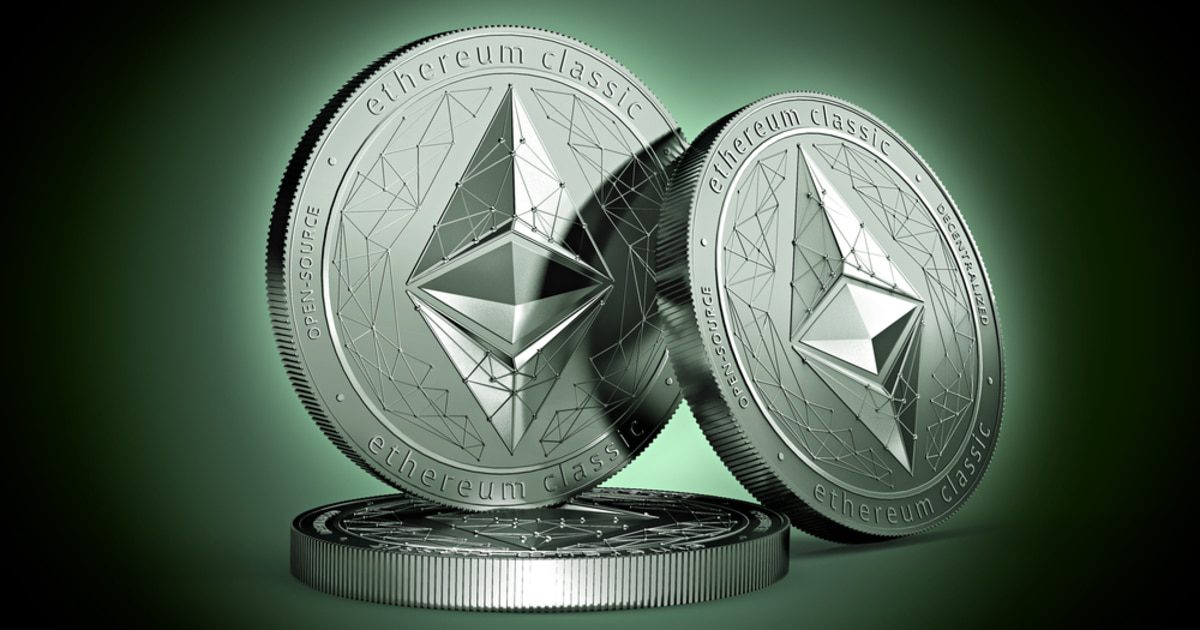Ethereum developers discussed the Dencun upgrade and various EIPs for the Pectra upgrade in ACDE Call #181, with the goal of network improvement and efficiency. Key highlights include preparations to activate Dencun’s core network, proposals for improved security and gas cost efficiency, and strategic planning for future upgrades.
On February 15, 2024, Call #181 was held for all Ethereum core developers, which marked a major discussion on future network upgrades, including the activation of the Dencun upgrade mainnet and discussions on various Ethereum Improvement Proposals (EIP) . Chaired by Tim Beiko, Chief Protocol Officer of the Ethereum Foundation, this two-week series of meetings brought together developers to discuss changes to Ethereum’s execution layer. Key topics include Dencun upgrade updates, retroactive EIPs, and suggestions for the upcoming Pectra upgrade.
Dencun and Pectra Upgrades: A Look Ahead
A Dencun upgrade is on the horizon, with a shadow fork planned to test the upgrade in a mainnet-like environment. This preparatory step, which is critical to the smooth deployment of Dencun, is scheduled for completion by February 23rd, with the mainnet activation date set for March 13th. The upgrade received support from Reth, Geth, and Besu client teams, as well as other teams in the final stages of releasing their versions.
The Pectra upgrade discussions included a set of EIPs aimed at improving the security, efficiency and usability of the Ethereum network. Notable proposals include EIP 5806, introducing smart contract functionality to externally held accounts with improved security compared to previous proposals, and EIP 7557, offering a mechanism to more fairly distribute gas costs between transactions that access the same data for a smart contract within the same block.
Retrospective EIP and technical discussions
Retroactive EIPs were also a focal point, with EIP 7610 aiming to change the rules for creating smart contracts for greater simplicity and security, and EIP 7523 proposing to remove empty accounts from post-merger networks. These discussions highlight ongoing efforts to optimize Ethereum’s operational rules and minimize technical debt.
Challenges and future directions
The call highlighted challenges such as ensuring Layer-2 rollup readiness for Dencun and addressing concerns around gas calculations and estimates for the proposed EIPs. The discussions also paved the way for future considerations, including the potential impact of these upgrades on block creators and validators, and the importance of strategic planning to align with the proposed timelines.
Conclusion
Ethereum’s All Core Developers Execution Call #181 highlighted the community’s commitment to improving security, efficiency and scalability through thoughtful and collaborative decision-making. As Ethereum continues to evolve, these discussions play a crucial role in shaping its future, ensuring that it remains a stable and adaptable platform for decentralized applications.
Image source: Shutterstock

